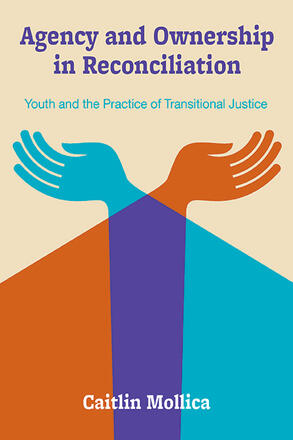
Agency and Ownership in Reconciliation
Youth and the Practice of Transitional Justice
Alternative formats available from:
Drawing on the cases of South Africa, East Timor, Sierra Leone, and the Solomon Islands, examines how Truth and Reconciliation Commissions (TRCs) have engaged with youth in ways that represent their stories and reflect their substantive participatory capacity as political stakeholders.
Description
The importance of youth's substantive participation for the realization of inclusive reconciliation practices has rarely been acknowledged. Agency and Ownership in Reconciliation provides a comprehensive, nuanced, and empirical account of the contribution of young people's voices to the success of transitional justice and peacebuilding practices. Caitlin Mollica illustrates the role of political will and agency in the development of transitional justice mechanisms that are substantively inclusive of those traditionally marginalized by post-conflict institutions, most notably youth. In doing so, she highlights the importance of youth to lasting peace and meaningful justice. She does so by looking specifically at how truth and reconciliation commissions from South Africa to the Solomon Islands engage with the voices of youth and the meanings youth self-ascribe to their experiences during truth and reconciliation commission processes. In a field which traditionally prioritizes stories about youth, Agency and Ownership in Reconciliation looks to center stories by youth.
Caitlin Mollica is Lecturer in Politics at the University of Newcastle, Australia.
Reviews
"Mollica offers a critical reflection on a still marginal, yet very important, subject in international politics: the concept of youth's agency and participation in peace and conflict situations. Clearly argued and well-written, her analysis of the case studies provides an enriching dialogue between theory and practice." — Jana Tabak, author of The Child and the World: Child-Soldiers and the Claim for Progress